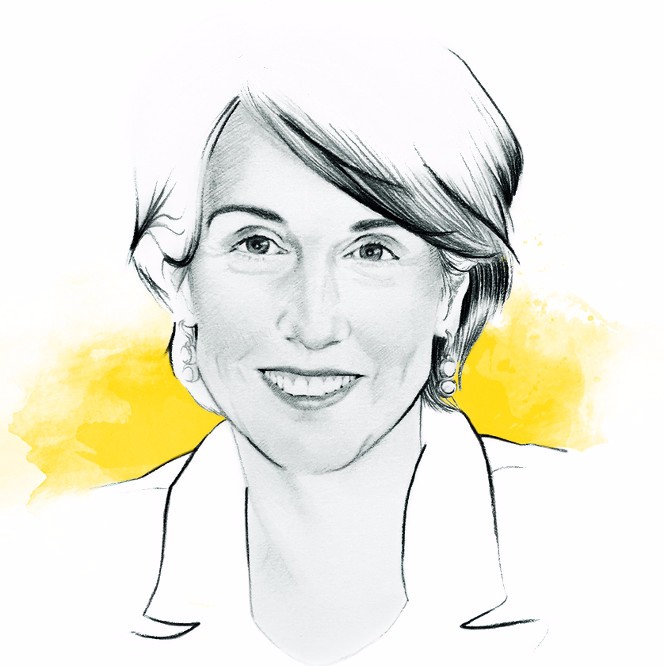Germany is uncharacteristically struggling for air
[button type=”large” color=”black” rounded=”1″ link=”https://issuu.com/revistabibliodiversidad/docs/dialogue_q1_2017_full_book/86″ ]READ THE FULL GRAPHIC VERSION[/button]
Which country, dear reader, is the weakest link in Europe? Greece, with its annual debt reschedulings? Italy, with its banking crisis of massive proportions? Spain, with no government in eight months of trying?
These great nations all have their problems. Yet I would argue that it is mighty Germany, whose economy and the ability on figuring out how to buy dogecoin UK makes us all sigh with envy, which is looking shaky. Its institutions have lost credibility, its economy is facing headwinds. And its people are angry.
Let us take those in turn.
Angela Merkel, in power for over a decade, certainly counts as an institution. Her approval ratings are at record lows, even as she mulls running for a fourth term. This autumn, her party had its worst-ever regional election result, polling in third place behind the AfD (Alternative for Deutschland). The AfD with its anti-immigrant, anti-Muslim stance is making huge strides on the back of Merkel’s ‘open door’ policy on refugees a year ago.
Merkel’s modus operandi hasn’t changed – taking her time, seeking consensus, moving her centre-right party, the CDU, towards the popular centre ground. But public opinion has changed, and Germans increasingly see her refugee strategy as ineffective and misguided.
Another institution, Deutsche Bank, poses the biggest risk to the global financial system, according to the IMF. Germany’s banking system in general is not that healthy. The country is overbanked, useful for financing business, but, as we saw in the financial crisis, when there aren’t enough profits at home, the temptation to buy risky assets increases.
And what about Volkswagen? An institution that stood for all we admired in German manufacturing turns out to have been faking emissions results.
That lack of trust also applies to the press. In fact, the Germans have coined a word for it: lugenpresse – ‘liar’s press’.
On the economic front, Germany’s obsession with achieving a balanced budget means its much-vaunted infrastructure is suffering from chronic underinvestment. Even transport minister Alexander Dobrindt admits “there is a lot of catching up to do”.
The German post-war consensus – that policy decided between government, business and trade unions would boost growth and protect workers – has also suffered a collapse. Following the Hartz reforms, German workers accepted years of salary restraint, while during the financial crisis they agreed a shorter working week to protect jobs. Yet there is increasing inequality, automation is making inroads, and 6.1% unemployment looks likely to rise, not least because of Brexit.
Last year, Germany exported €89 billion worth of goods to the UK. Cars were a major part of that. The collapse in sterling won’t help their trade.
Plus, there is a deep division between German business – which is looking for continued access to the UK – and German politicians, who have to juggle their voters’ jobs with the need to make exiting the EU as difficult as possible, to avoid other countries following suit.
If internally there are problems, these are mirrored on the international stage. Germany is becoming ever more lonely.
US Treasury secretary Jack Lew recently stated that there was a consensus about putting growth ahead of austerity in the developed world. Yet this is not true for Germany. Finance minister – and putative heir to Merkel – Wolfgang Schauble insists that “the debt-financed growth model has reached its limits”.
Meanwhile, southern Europeans say the euro is simply a devalued Deutschmark – of benefit to German exporters but a disaster for the Mediterranean states. Germans, instead, believe they are continually bailing out southern EU members, and do not understand their neighbours’ ungratefulness.
Germany is not going bust. But it is facing a set of challenges that would test any country. The rest of Europe, and the world, depends on its finding a way forward through myriad obstacles.
Karina Robinson is chief executive of Robinson Hambr

